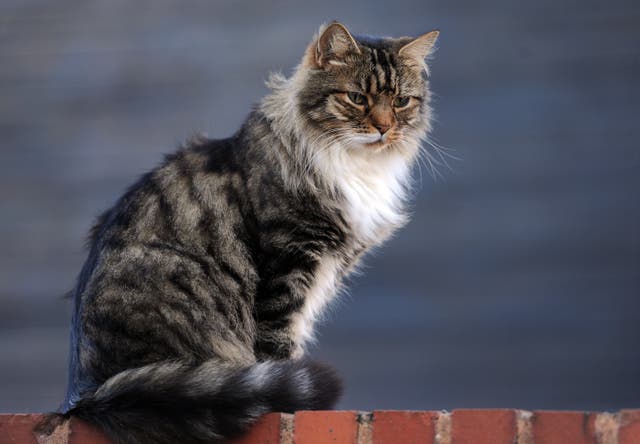Two chemicals that were banned for being too toxic to wildlife but approved for use in pet medicines are polluting England’s rivers, an investigation has found.
Permethrin and imidacloprid, which are used to kill parasites like fleas and ticks on cats and dogs, were banned in Europe in 2002 and 2018 respectively for their danger to aquatic life and pollinators.
Along with fipronil, another insecticide found in 483 pet products, at least one of these chemicals was found in 109 of 283 river sites tested by the Environment Agency (EA) at levels above accepted safe limits for wildlife.
By analysing the EA’s data, the Wildlife and Countryside Link (WCL) found fipronil at 105 sites – 37% of the total tested – despite it never having been used in UK agriculture, with some sites showing concentrations 100 times above the safe level and two at more than 1,000 times.
Imidacloprid was found at 22 sites, with half of them showing concentrations above the safe limits, while permethrin was found at four, with all sites between three and seven times the safe level.
Recent studies from the UK, Spain and the US have identified pet medicines as being a likely source of fipronil and other insecticides in the water environment.
They suggested several ways that these chemicals are ending up in rivers, such as through washing treated pets and their bedding or clothes, urine or faeces, or by treated dogs swimming in rivers.
Richard Benwell, chief executive of the WCL, said: “Giving pets the highest standard of care need not come at the expense of nature, but these findings suggest that too many insecticides and other toxic chemicals are still ending up in our rivers.

“The Government could show real leadership by banning these harmful substances to support vets and animal lovers in shifting to the less polluting alternatives, which are clearly available.”
According to a 2021 survey by the British Veterinary Association, 98% of vets treating dogs and cats said they are concerned about the effect on the environment of chemicals used in pet medicines.
Andre Menache, a veterinary surgeon and director of the Progressive Vets Association (PVA), said: “We have known about the environmental impacts of parasiticides for many years already.
“We need to move beyond the plethora of voluntary guidance that exists if we want to reverse wildlife declines. That is why the PVA is supporting the call for a ban on these chemicals.”
Along with environmental groups including Pesticide Action Network (PAN UK), Greenpeace, the RSPB, The Rivers Trust and Wildfish, the PVA are calling on the UK Government to ban all pesticide substances from pet medicines if they are not permitted in agriculture and automatically include any that are banned in future.
They say there are safer alternatives so any such ban would not mean pets would have to go without treatment.
Josie Cohen, of PAN UK said, “It simply makes no sense to block these chemicals from being used on crops in order to protect the environment while allowing them to be routinely applied by millions of pet owners every month.
“If we want to tackle chemical pollution, then we urgently need to close this loophole. Where alternatives exist, which they absolutely do in the case of pet medicines, chemicals known to be harming wildlife should be taken off the market.”
A Veterinary Medicines Directorate spokesperson said: “When authorising veterinary medicines, we take into account both parasite control as well as environmental risks. In this instance, the medicine plays a vital role in treating fleas and ticks, which can lead to harmful diseases in pets and present risks to humans.
“We will continue to take a balanced approach on veterinary medicines and have set up a group of experts to research how we can best reduce the impacts of pharmaceuticals on the environment.”
You may also like: Johnson suggested he ‘thought Covid was nature’s way of dealing with old people’

